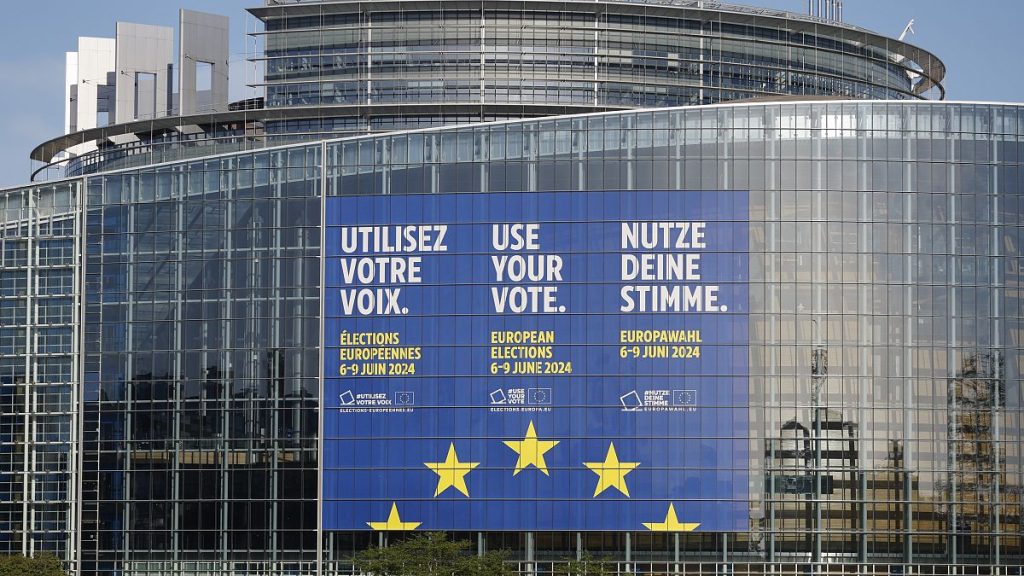The upcoming European elections have highlighted the division within EU politics regarding the Green Deal agenda of the von der Leyen Commission. A survey of MEPs’ voting patterns over the past five years revealed a clear party political split over climate action and nature protection. The analysis by five Brussels-based environmental NGOs assigned scores to lawmakers based on their support for ambitious environmental legislation, with the Greens coming out on top and the far-right ID earning the lowest score. The centre-left Socialists & Democrats scored higher than the centre-right European People’s Party, despite the latter being the political home of Commission president Ursula von der Leyen.
There are noticeable differences within the various political groups when it comes to votes on environmental and climate policy proposals. The data showed that political parties tend to take a similar stance across climate action, nature protection, and pollution prevention measures. The widest political divide was seen in nature protection legislation, with the Greens and Left group scoring higher than the EPP and conservative ECR group. This divide has been particularly apparent amid farmers’ protests across Europe, with opposition to ambitious nature protection measures.
During an event in Brussels presenting the survey findings, EPP lawmaker Radan Kanev emphasized the need for mediation and avoiding political polarization in environmental policy discussions. While he acknowledged his pro-environment stance, he criticized certain policies, such as the extension of the EU’s emissions trading system to road transport and buildings. Green MEP Saskia Bricmont warned against returning to “business as usual” in environmental policy discussions, indicating a backlash against climate priorities in the forthcoming European elections.
The survey’s authors urged European citizens to vote for parties that prioritize climate protection and strengthen the European Green Deal in the upcoming elections. Chiara Martinelli highlighted the risk of having a European Parliament filled with “prehistoric thinkers” who may sideline environmental policies. William Todts of Transport & Environment emphasized the EU’s role in driving climate action, citing examples such as clean cars and carbon taxes for planes and ships that the EU has implemented when national governments have been unable or unwilling to act. The EU is seen as a positive force for environmental protection laws in many member states.


